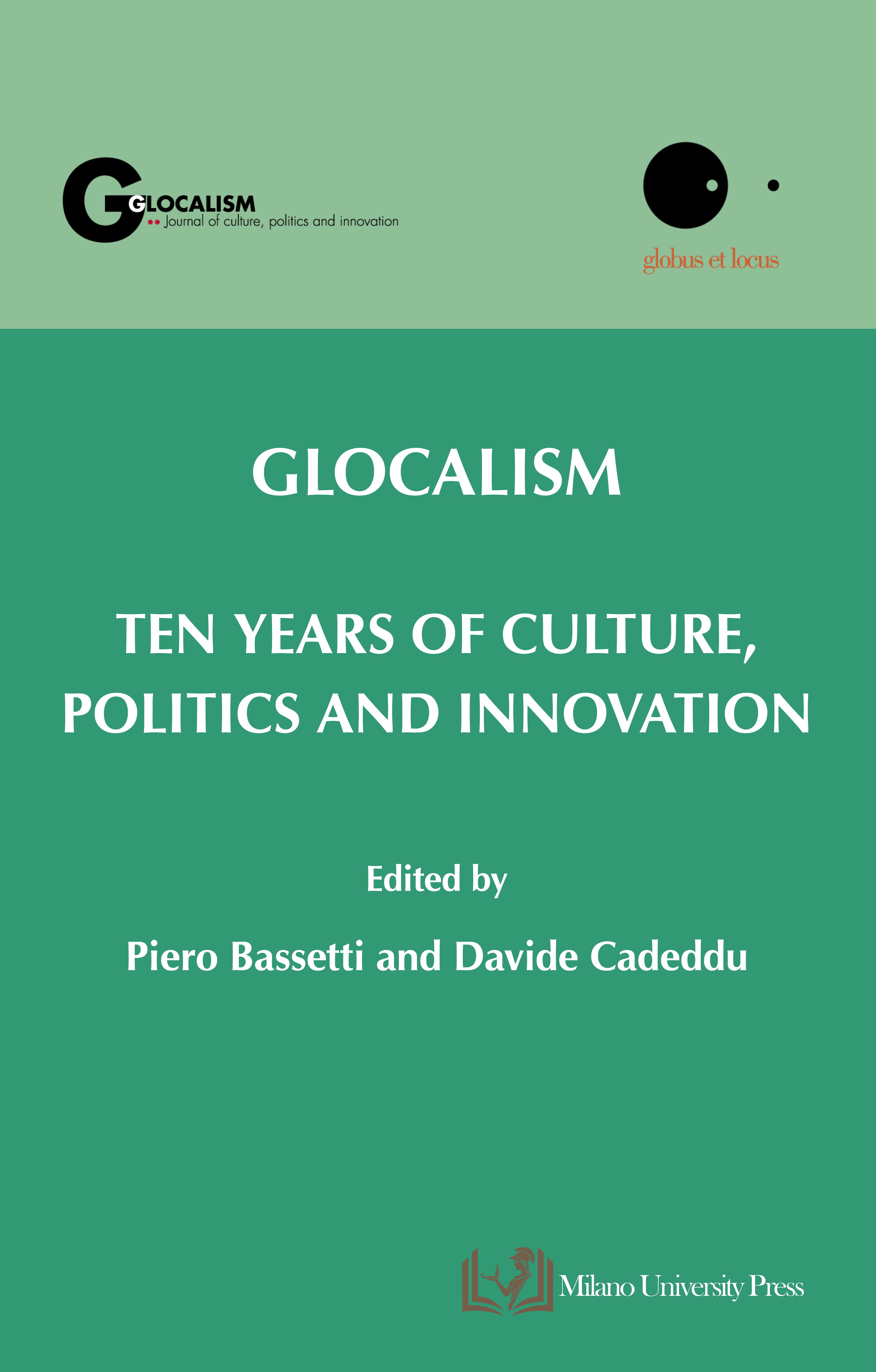THE SPARŚA PROJECT: BUILDING A COMPREHENSIVE MENSTRUAL HEALTH MANAGEMENT INTERVENTION IN NEPAL
DOI:
https://doi.org/10.54103/gjcpi.2024.22627Keywords:
menstruation, menstrual health, development, WASH, NepalAbstract
This article addresses the pervasive silence around menstrual health management (MHM) in Nepal, emphasizing its impact on women's rights. Despite being a natural process, menstruation remains taboo, perpetuating gender discrimination and restricting women's empowerment. This study examines the lack of sufficient menstruation-related targets in international development agendas and focuses on Nepal's cultural norms concerning this issue that affect women's behaviour, health, and social participation. The paper advocates for a comprehensive understanding of women's experiences and preferences to design effective MHM interventions. It explores various strategies, including campaigns against practices like Chhaupadi, presents findings from a field survey and introduces the Sparśa project - a women-led social enterprise offering biodegradable pads to counteract menstrual discrimination across Nepal. The article emphasises the historical neglect of menstrual-related needs, resulting in adverse effects like school absenteeism and social marginalization. It highlights the crucial role of coordinated efforts and fostering knowledge-sharing to implement more impactful and comprehensive interventions in the field of MHM. The research highlights the Sparśa project's potential to transform societal perceptions of menstruation, break the silence, and contribute to women's rights. It offers insights into the challenges faced by Nepali women and provides valuable considerations for global menstrual health initiatives.

Downloads
Published
How to Cite
Issue
Section
License
Copyright (c) 2024 TERESA TOLDY, ŁUKASZ URBANIAK, THELMA DIVRY, DIPISHA BHUJEL, MD. HASNAIN ANSARI

This work is licensed under a Creative Commons Attribution-ShareAlike 4.0 International License.











